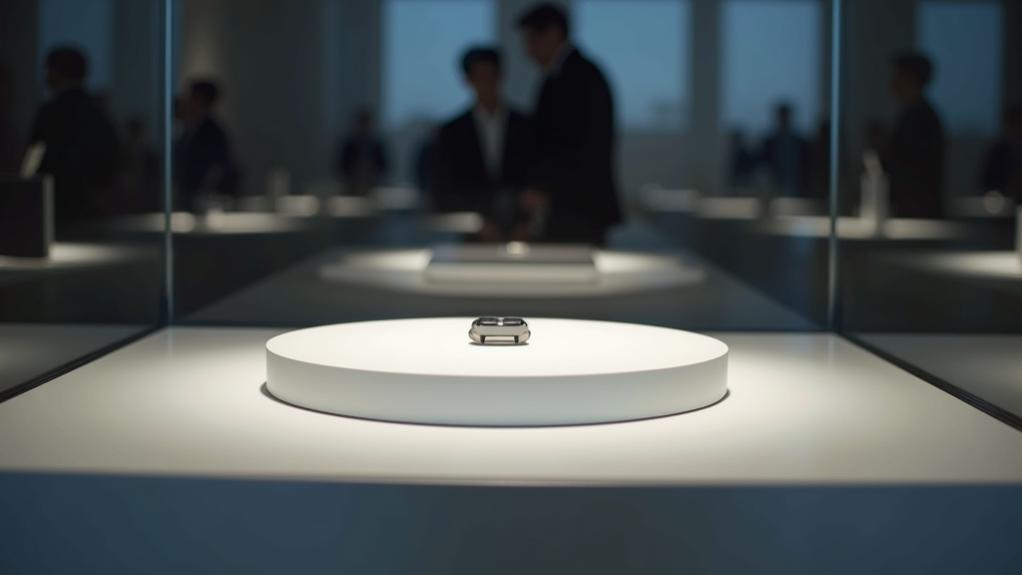Apple's recent decision to halt sales of its Series 9 and Ultra 2 watches marks a significant turning point in the wearable technology market. The dispute with medical device maker Masimo over pulse oximetry patents has forced one of tech's biggest players to temporarily withdraw key products from its lineup. While Apple plans to introduce modified versions without blood oxygen monitoring capabilities, this development raises broader questions about intellectual property rights in the increasingly competitive smartwatch industry and could reshape how tech companies approach health monitoring features in future devices.
The Patent Dispute Explained
The patent dispute between Apple and Masimo centers on pulse oximetry technology used in blood oxygen monitoring features. The US International Trade Commission ruled that Apple infringed on Masimo's SpO2 sensor patents, resulting in significant sales disruptions for the Series 9 and Ultra 2 models. Allegations against Marcelo Lamego involved transferring knowledge from Masimo to Apple during his employment change. Apple's 916-page appeal temporarily lifted sales restrictions, but the ban was reinstated on January 17. Apple's refusal to license Masimo's technology has led to the release of modified versions of affected watches without blood oxygen functionality.
Impact on Watch Sales
Apple has halted and modified its watch sales strategy due to a patent dispute, resulting in the removal of the Series 9 and Ultra 2 models from its online store on December 21, with in-store sales ending December 24, ahead of a December 26 import ban. A temporary stay allowed sales to resume briefly, but the ban was reinstated on January 17. Apple is introducing modified versions of the watches without blood oxygen functionality starting January 18. This situation affects both new sales and warranty services, as Apple has suspended out-of-warranty repairs for Series 6 and newer models. The patent dispute has led to a significant shift in Apple's product lineup, illustrating how such disputes can impact market availability and consumer options.
Changes to Product Features
Modified versions of Apple Watch Series 9 and Ultra 2 will ship without blood oxygen monitoring capabilities due to a patent dispute with Masimo. These watches will display the blood oxygen icon, but the functionality will be disabled, and the Health app will indicate that blood oxygen monitoring is unavailable. This removal affects new purchases and warranty replacements, meaning users with pre-ban Apple Watches requiring repairs under AppleCare may receive devices without this functionality. Apple has also suspended out-of-warranty repairs for Series 6 and newer models, except for the SE variant. These changes highlight the broader implications of patent disputes in the tech industry and may influence future Apple Watch design decisions.
Legal Battles and Future Outlook
Patent battles between Apple and Masimo have led to significant market disruptions, with Apple facing restrictions on product sales and legal challenges regarding pulse oximetry patent infringement. The ITC ruling requires Apple to remove blood oxygen features from its smartwatches. An appeals court temporarily lifted the sales ban, but restrictions resumed on January 17. Apple refuses to license Masimo's technology and is exploring software alternatives. Additionally, out-of-warranty repairs for Series 6 and newer models have been halted. This dispute underscores the broader implications for intellectual property rights in wearable technology, likely influencing future product development strategies and industry patent licensing approaches.
